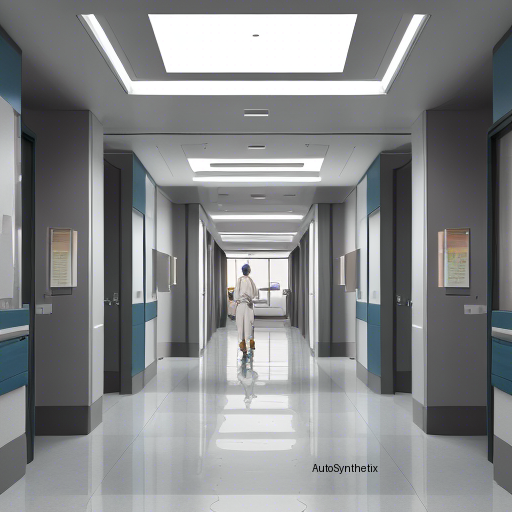Introduction
In today's rapidly evolving technological landscape, the integration of deep learning algorithms into healthcare systems shows immense potential. Large Language Models (LLMs), one facet of these advancements, have captured considerable interest due to their remarkable capabilities in various fields, including medicine. Yet, accurately evaluating the efficacy of these cutting-edge tools within dynamic clinical settings remains challenging. Enter 'AgentClinic', a groundbreaking initiative designed to bridge this gap by assessing AI agents acting as doctors in simulated health scenarios. This informative piece delves into the intriguings of AgentClinic while highlighting its implications for the future of artificial intelligence in modern clinics.
The Need for Advanced Benchmarking Methodologies
Conventional approaches towards measuring AI effectiveness often revolved around single-modal, predetermined medical query responses. These methods fail to capture the nuanced complexity inherent in actual physician roles, where continuous decision-making processes intertwine with proactive test ordering, analysis interpretation, and collaborations across multiple domains. Recognising this deficiency, AgentClinic emerges as a crucial step forward in developing more comprehensive assessment frameworks. By immersing LLMs in multi-faceted, dialogued simulations mirroring genuine practice, researchers aim to provide a clearer understanding of their true potential in advancing healthcare delivery.
Introducing AgentClinic - A Multifaceted Approach to Medical AI Assessment
Developed under a joint collaboration spearheaded by renowned institutions such as Stanford University, Johns Hopkins University, and others, AgentClinic encompasses two primary components: AgentClinic-NEJM, integrating images alongside conversational exchanges; and AgentClinic-MedQA, focusing exclusively on verbal discourse. Both setups introduce human-like cognitive biases among virtual patients and practitioners alike, fostering a lifelike atmosphere essential for accurate appraisals. Consequently, the study reveals how embedded prejudices significantly affect diagnoses' reliability, further emphasizing the necessity of incorporating them during model training stages.
Evaluation Insights from State-Of-Art LLM Suites
By subjecting several leading suites of large language models to rigorous testing, the research team garnered critical insights regarding performance disparities when confronted with AgentClinic challenges. While certain models demonstrated exceptional aptitude in conventional text-based examinations, they surprisingly fared less impressively within the novel simulation setup. Such findings underscore the importance of adapting advanced AI solutions not just to traditional academic metrics but also to replicate practical demands encountered daily by working professionals in diverse sectors – particularly those associated with high stakes, such as public health.
Shaping the Future Landscape of Healthcare Innovation
Ultimately, projects like AgentClinic herald a new era in scientific exploration, pushing boundaries beyond mere theoretical musings into tangible applications poised to revolutionize industries worldwide. As the field continues to mature, efforts such as this will undoubtedly pave the way toward seamlessly integrated symbioses between humans, machines, and knowledge exchange platforms, ultimately benefiting society as a whole. With continued dedication to refining these methodological breakthroughs, tomorrow's generation may witness a world where intelligent automata actively contribute to alleviating global suffering caused by miscommunications, delayed treatments, or missed opportunities rooted fundamentally in suboptimal diagnostics. \newpage
Conclusion: Embracing Novelty for Enhanced Health Outcomes
Emphasized throughout this exposé lies the paramount significance of innovative thinking and adaptive strategies in driving transformative change. Projects such as AgentClinic epitomise humanity's ceaseless quest for progress, illuminating pathways previously obscured by outdated assumptions surrounding machine competency. Only by embracing fresh perspectives can we hope to unlock the fullest extent of what emerging technologies offer us - in turn reshaping our collective futures for the betterment of countless lives globally.
Source arXiv: http://arxiv.org/abs/2405.07960v1
